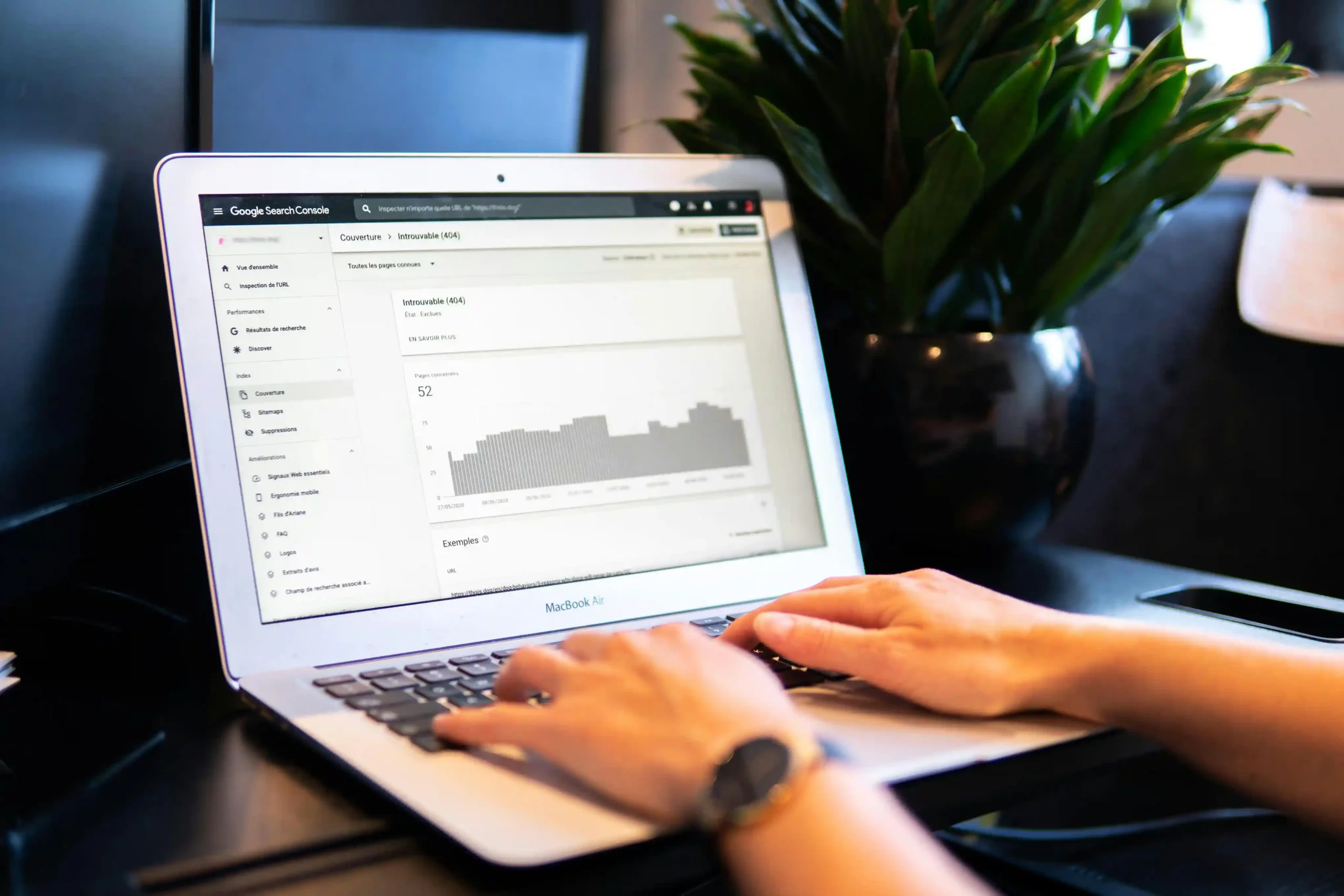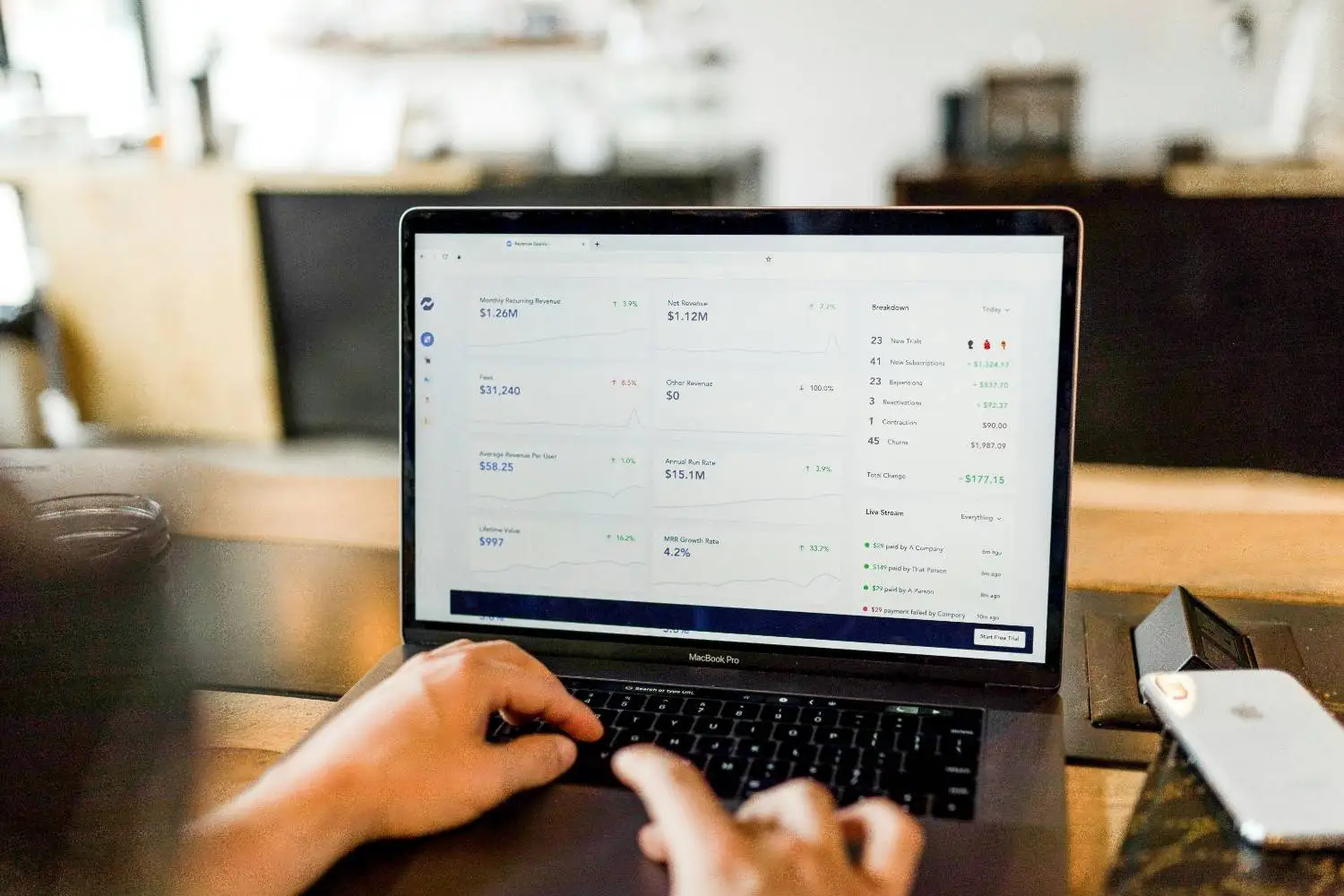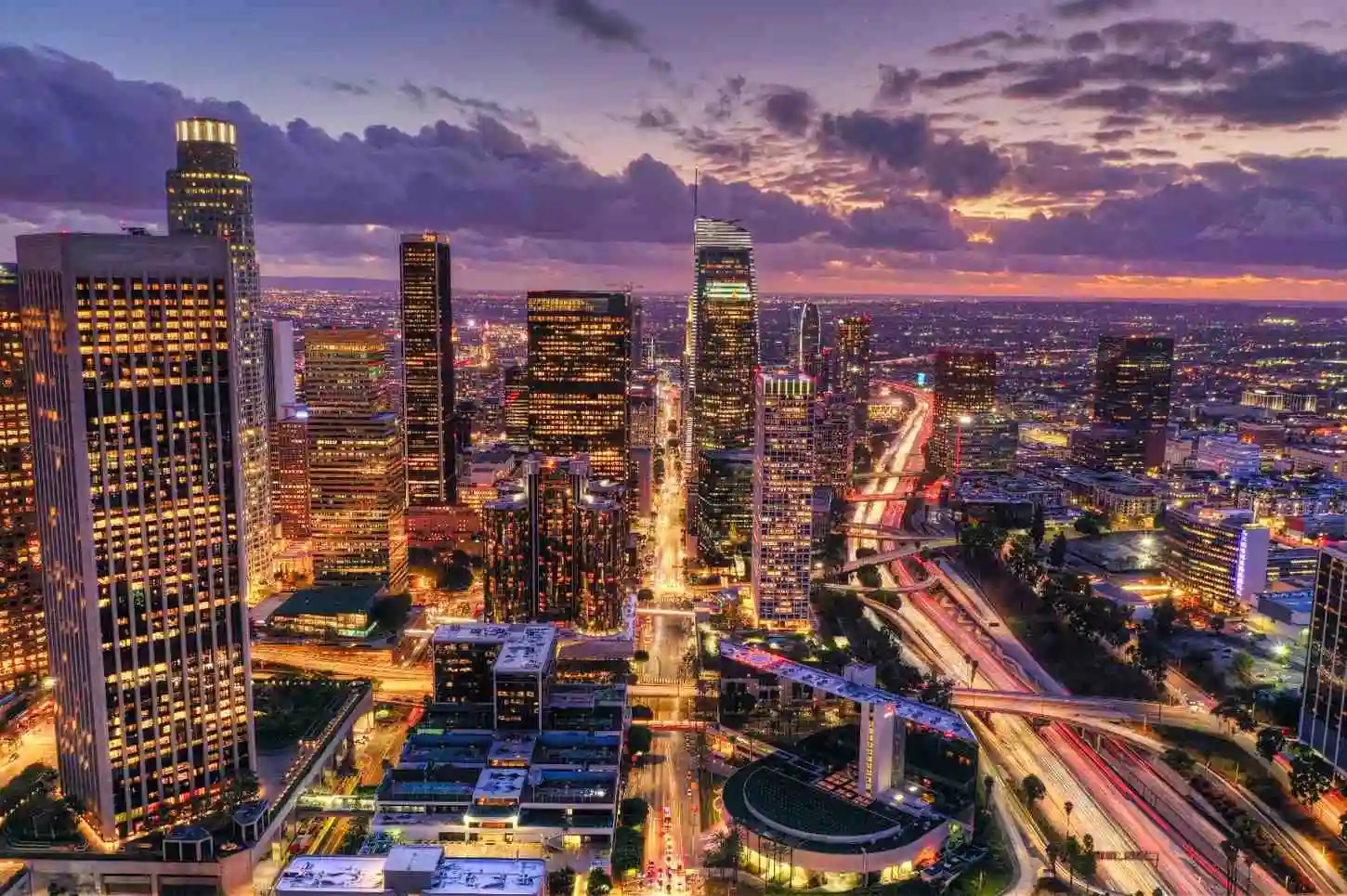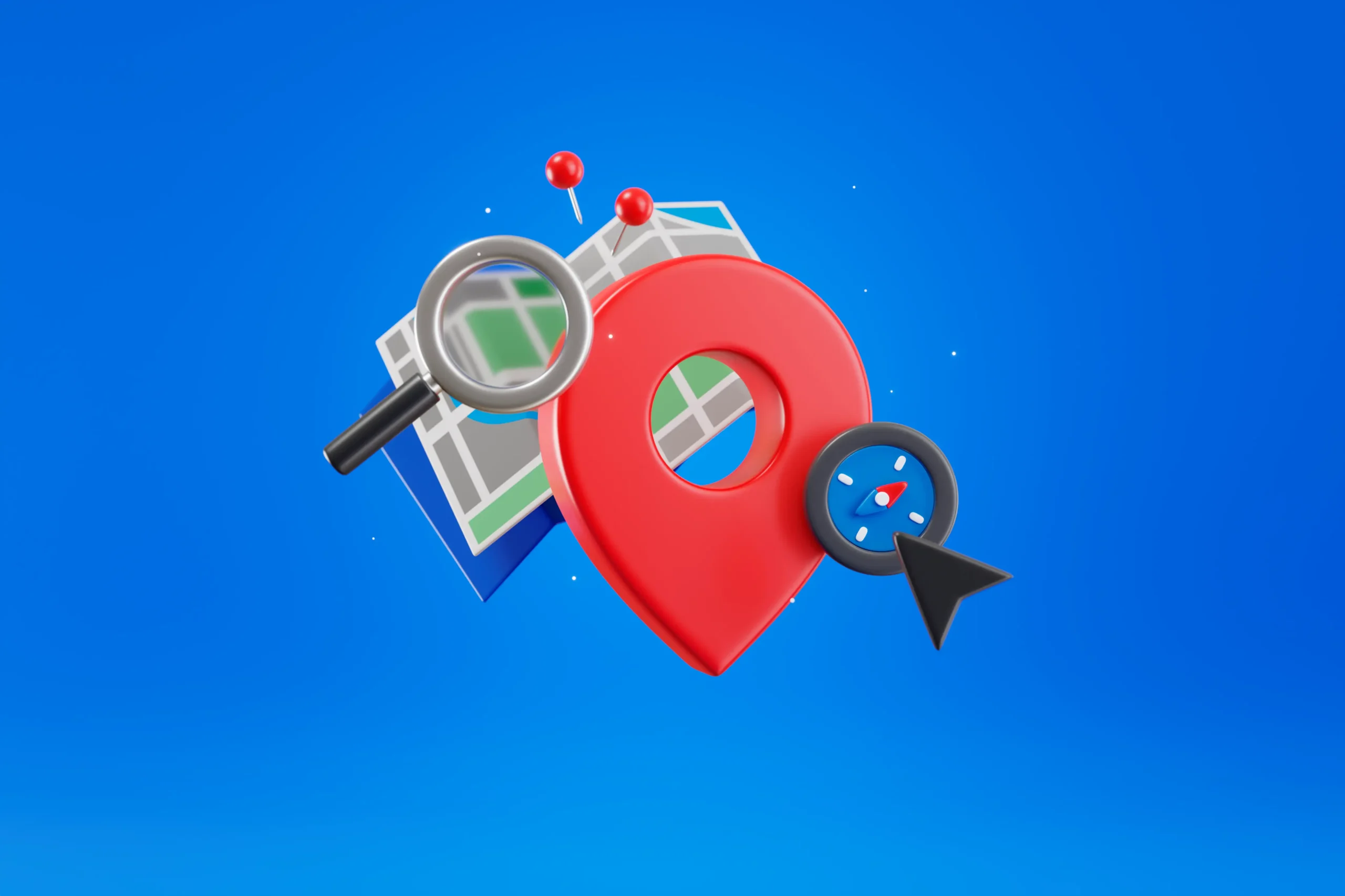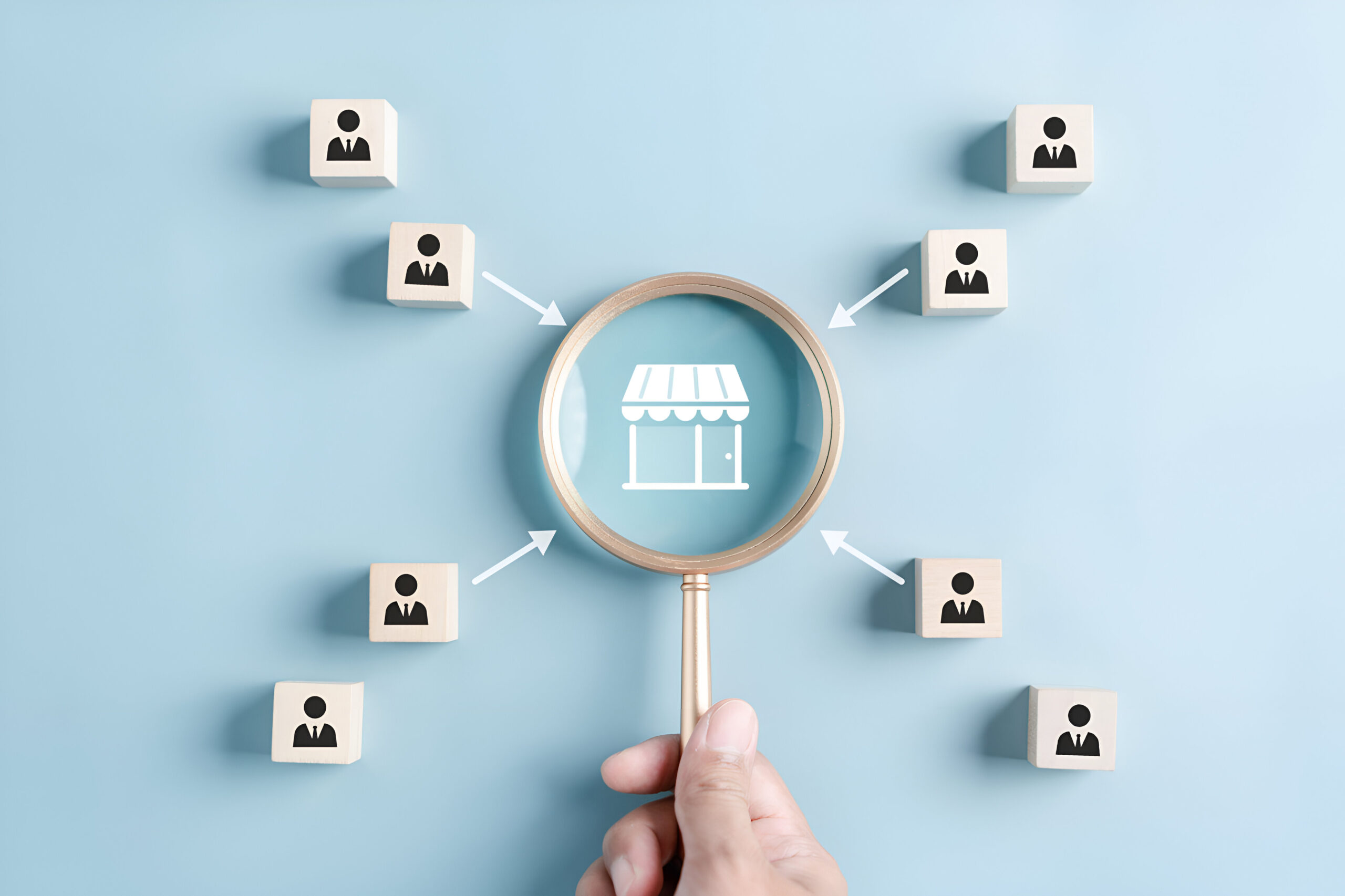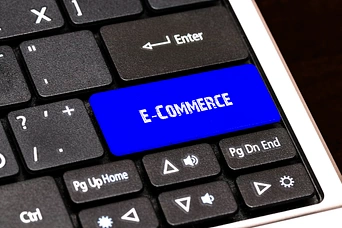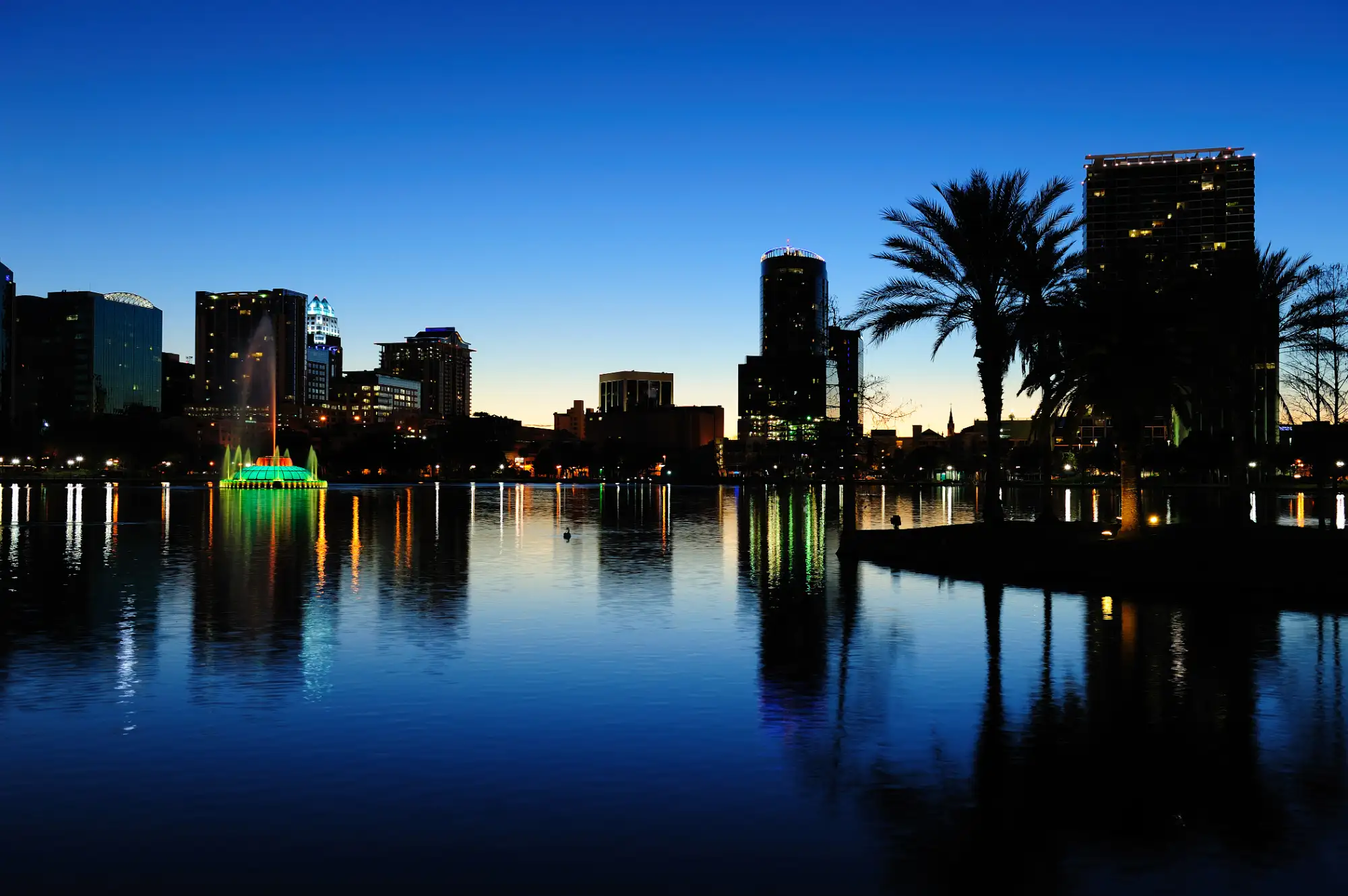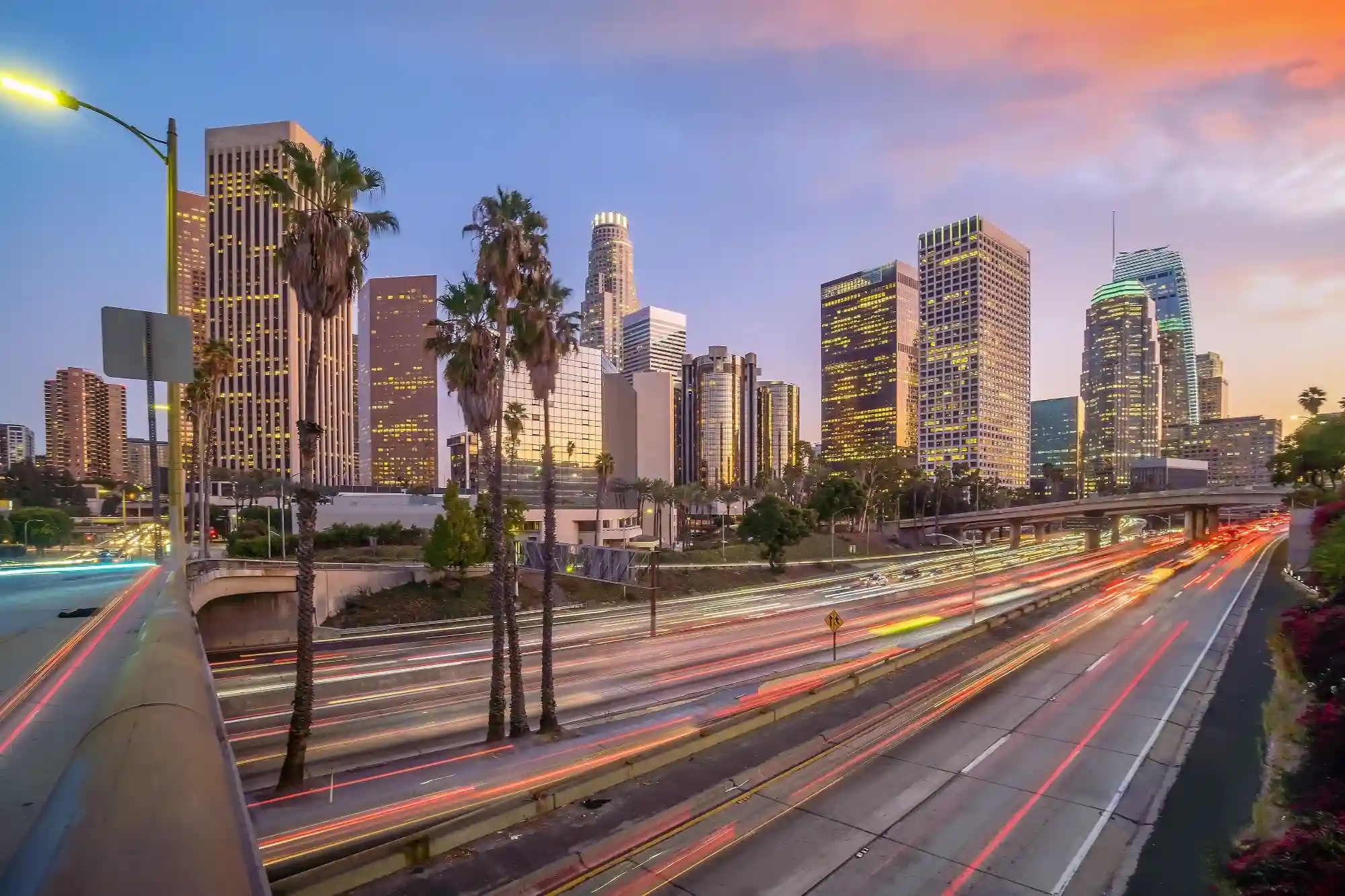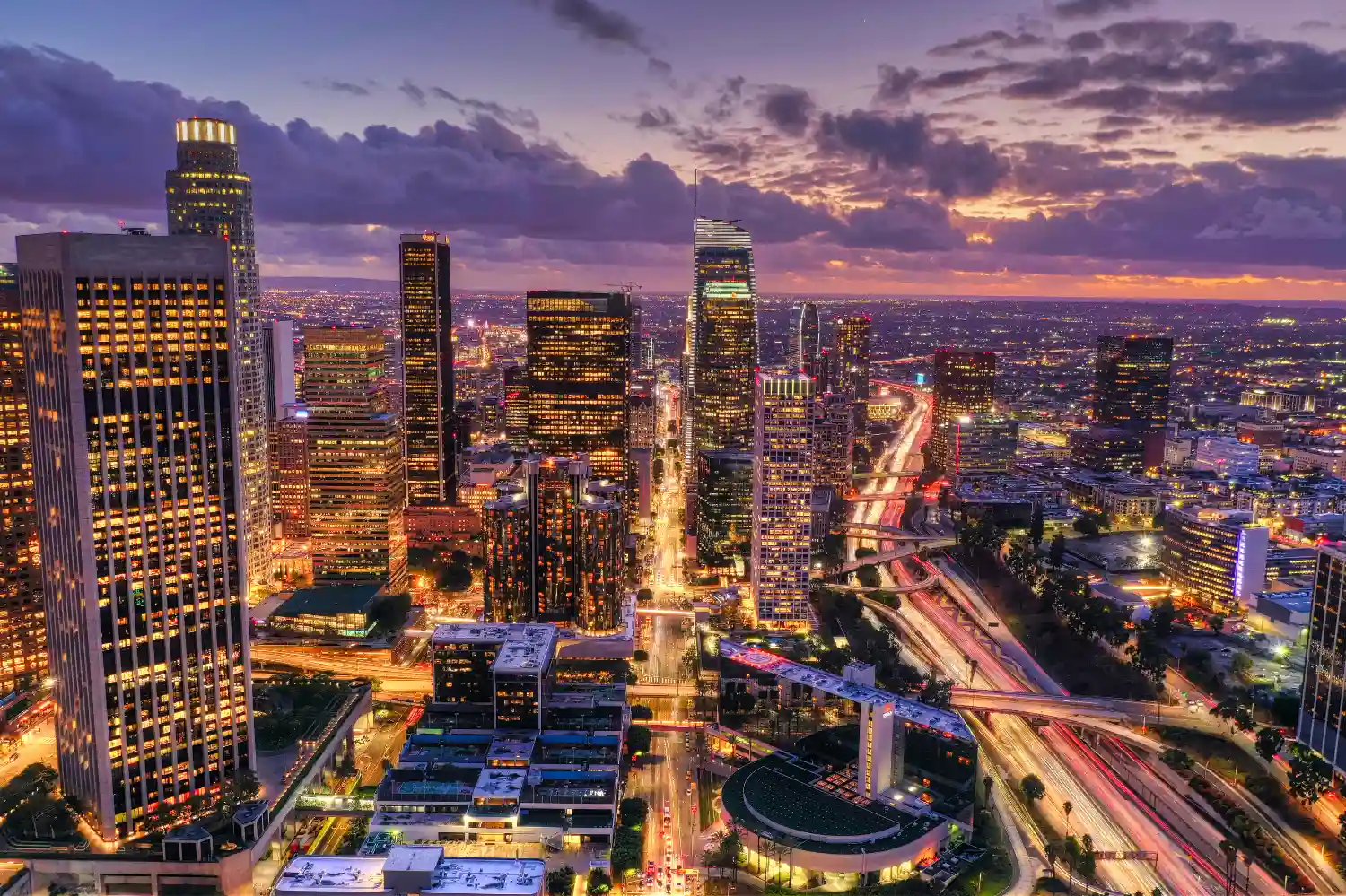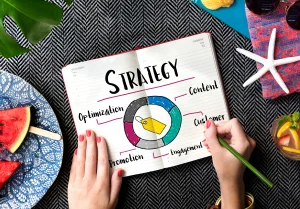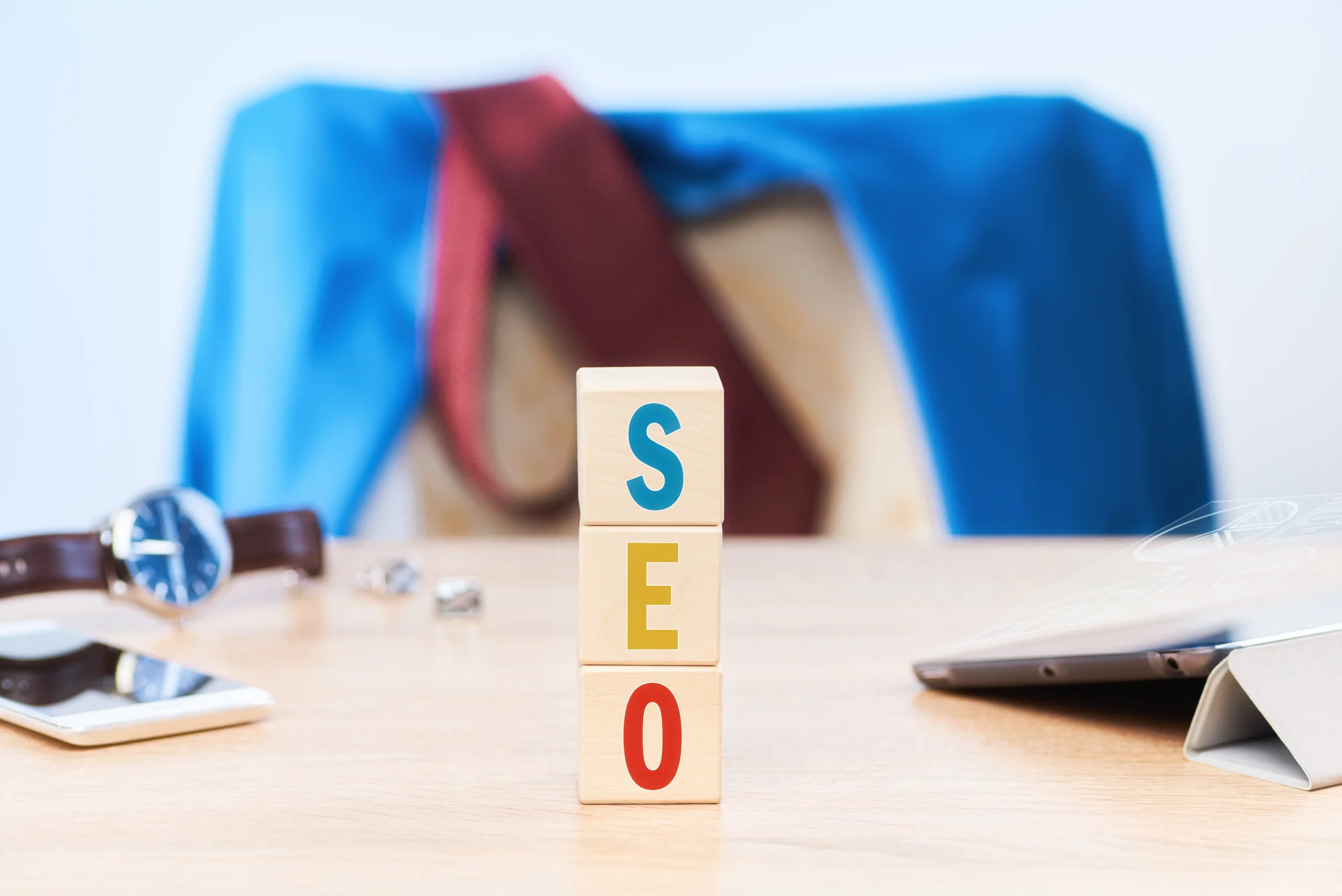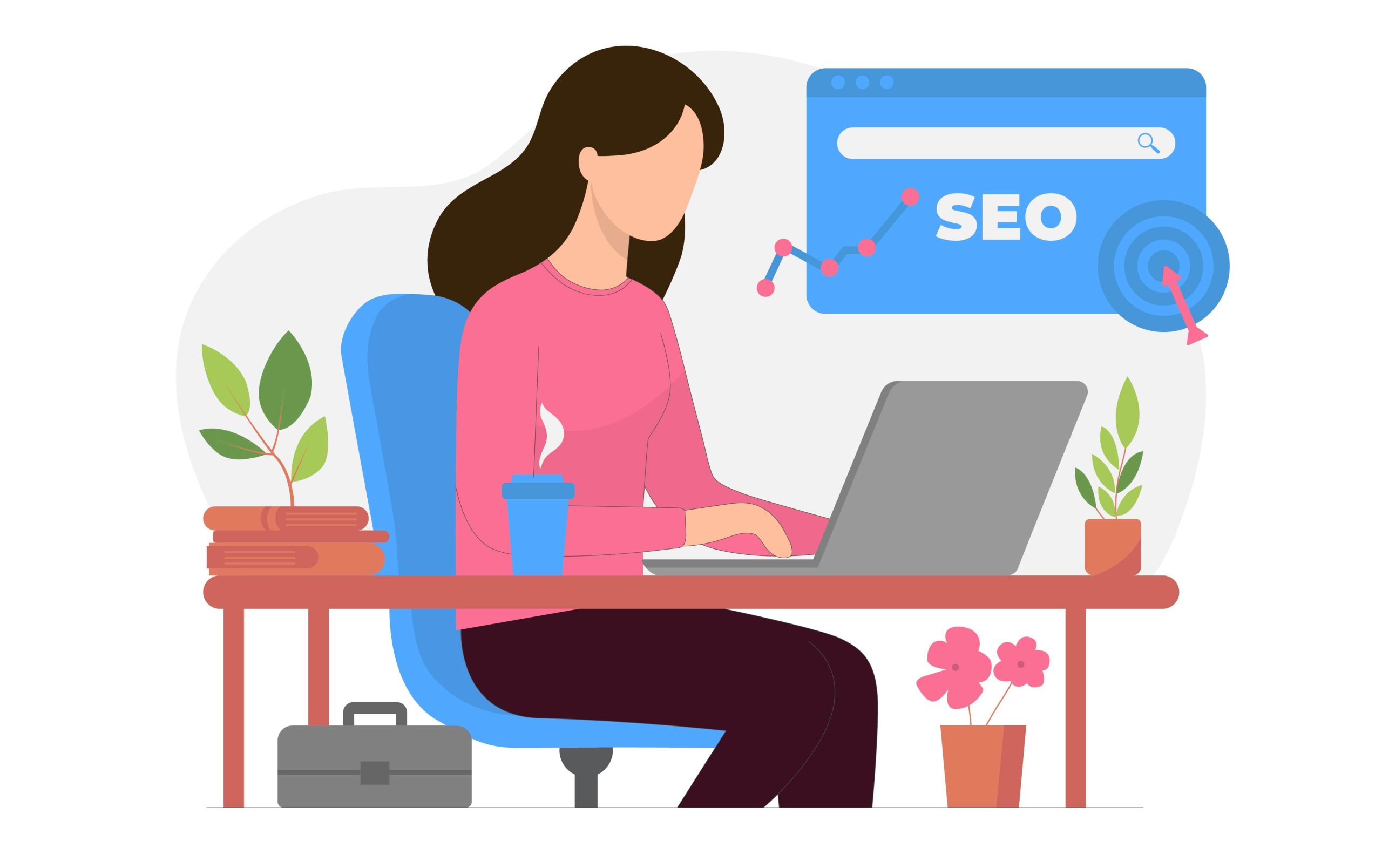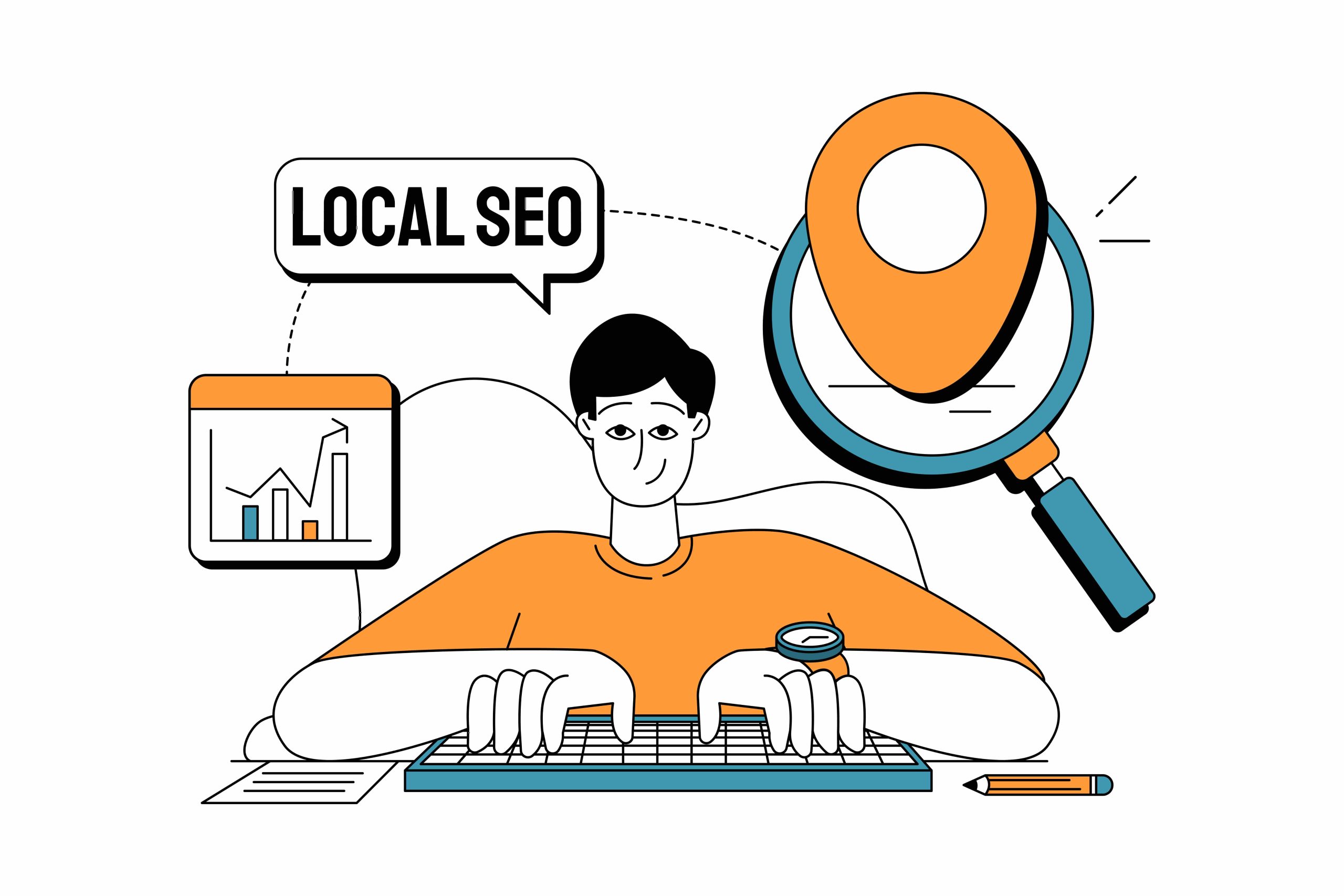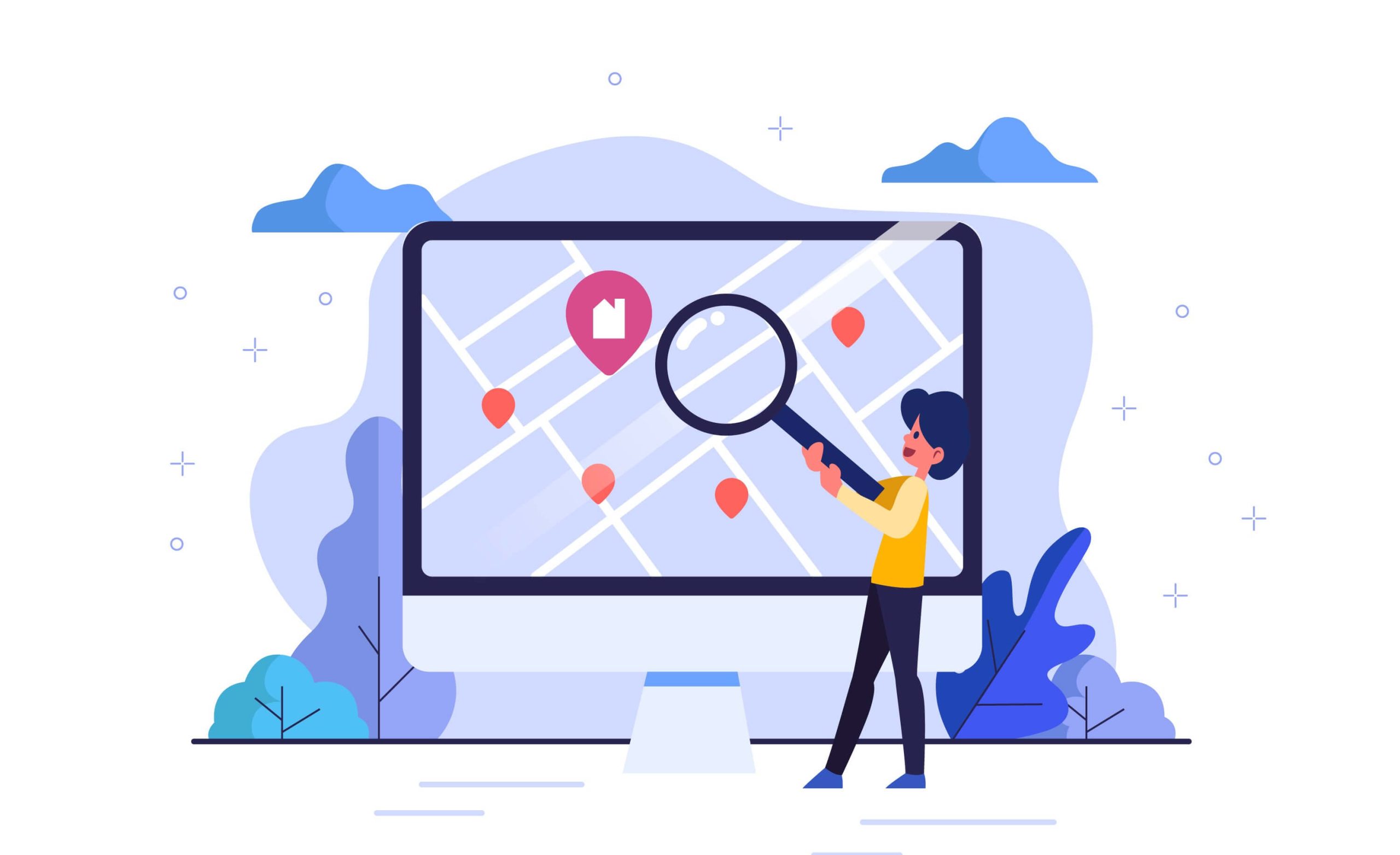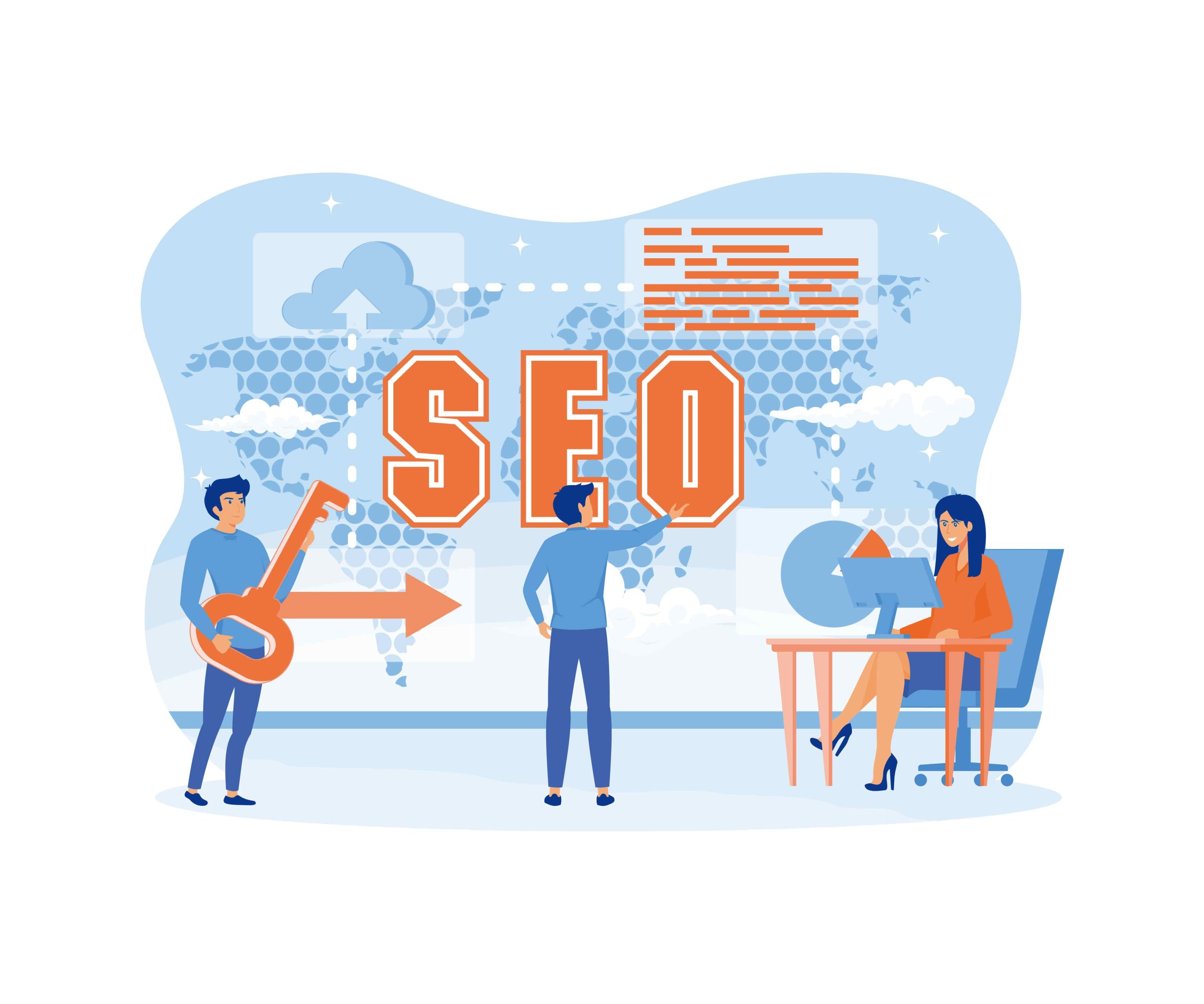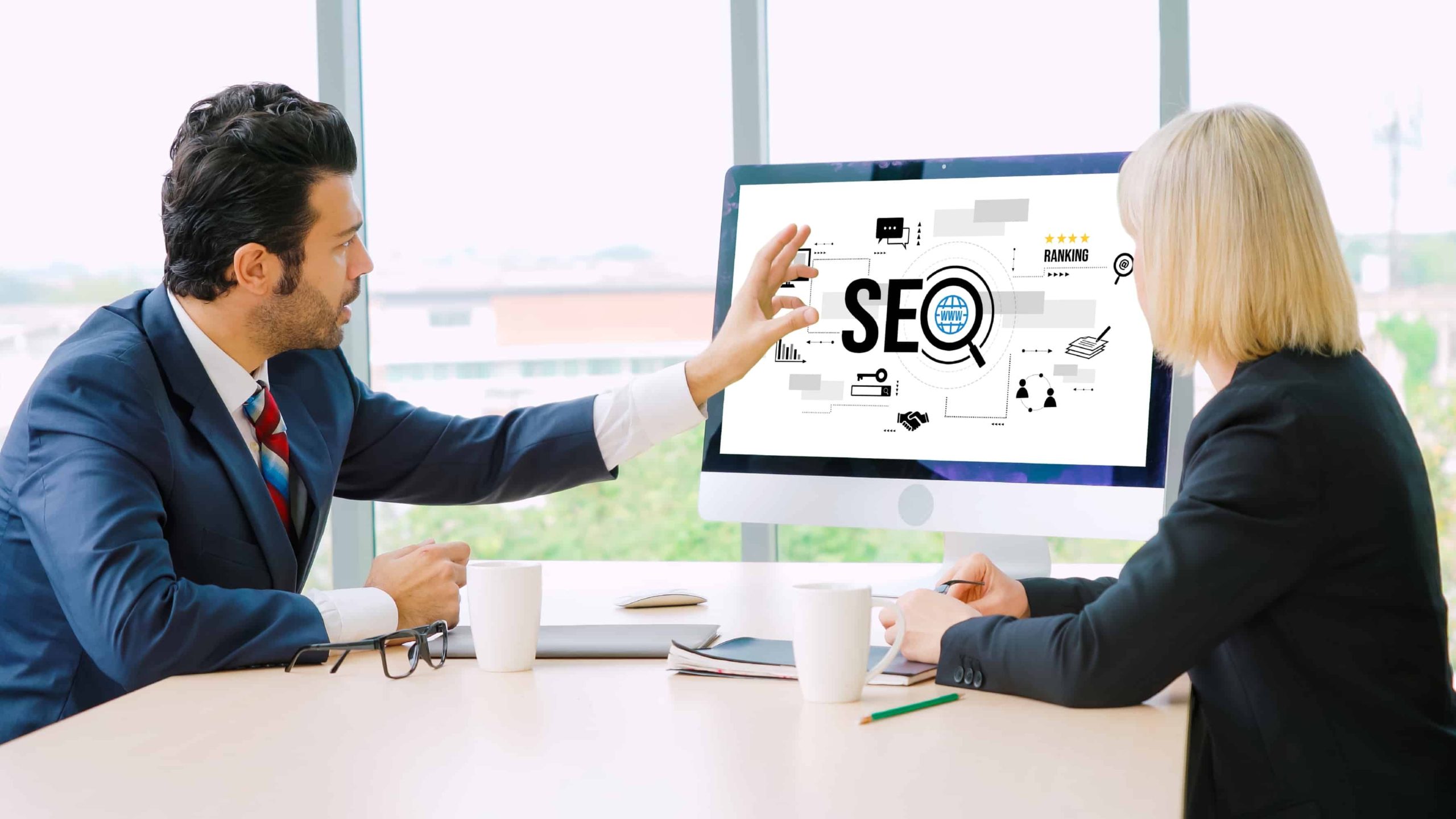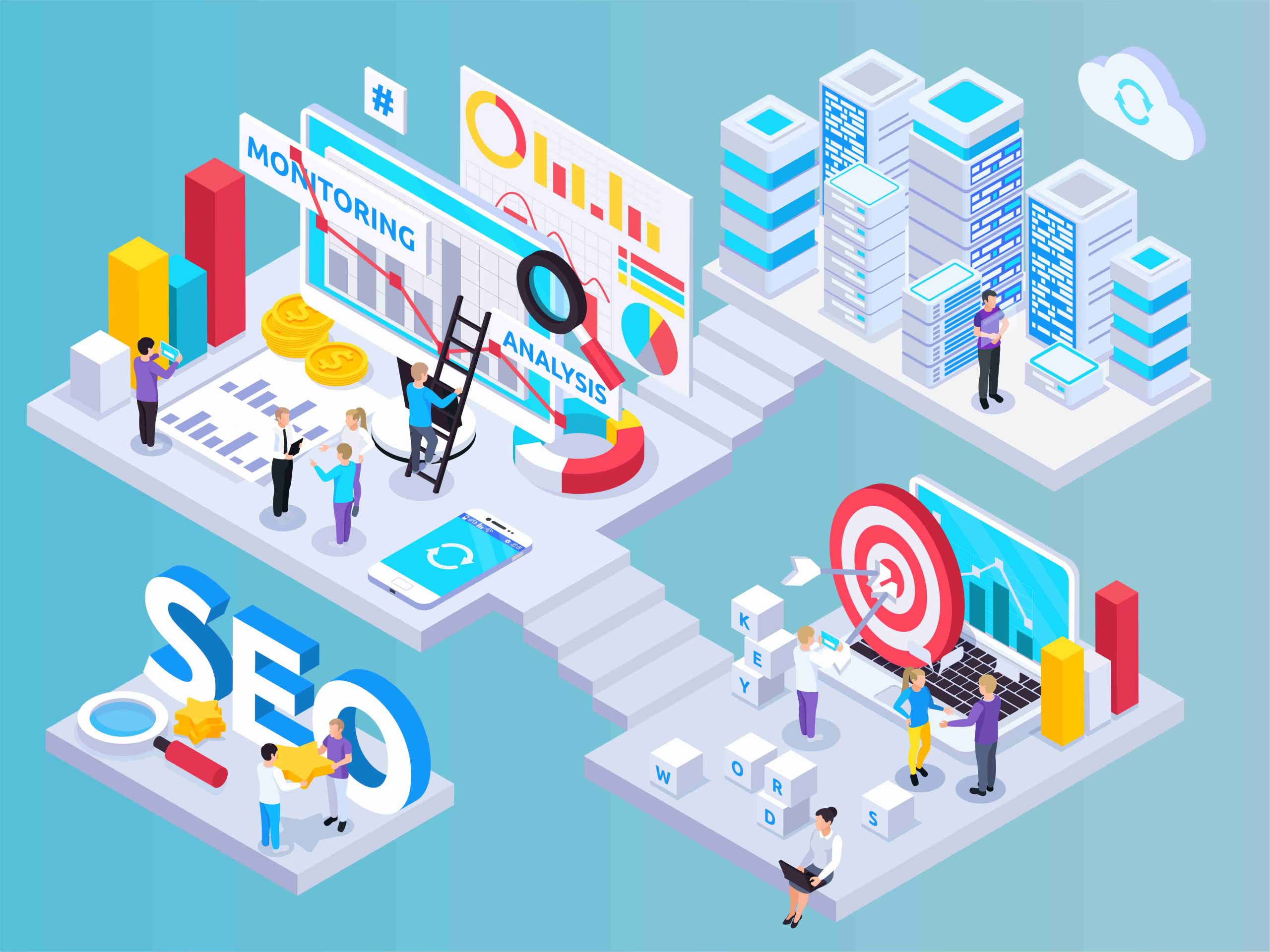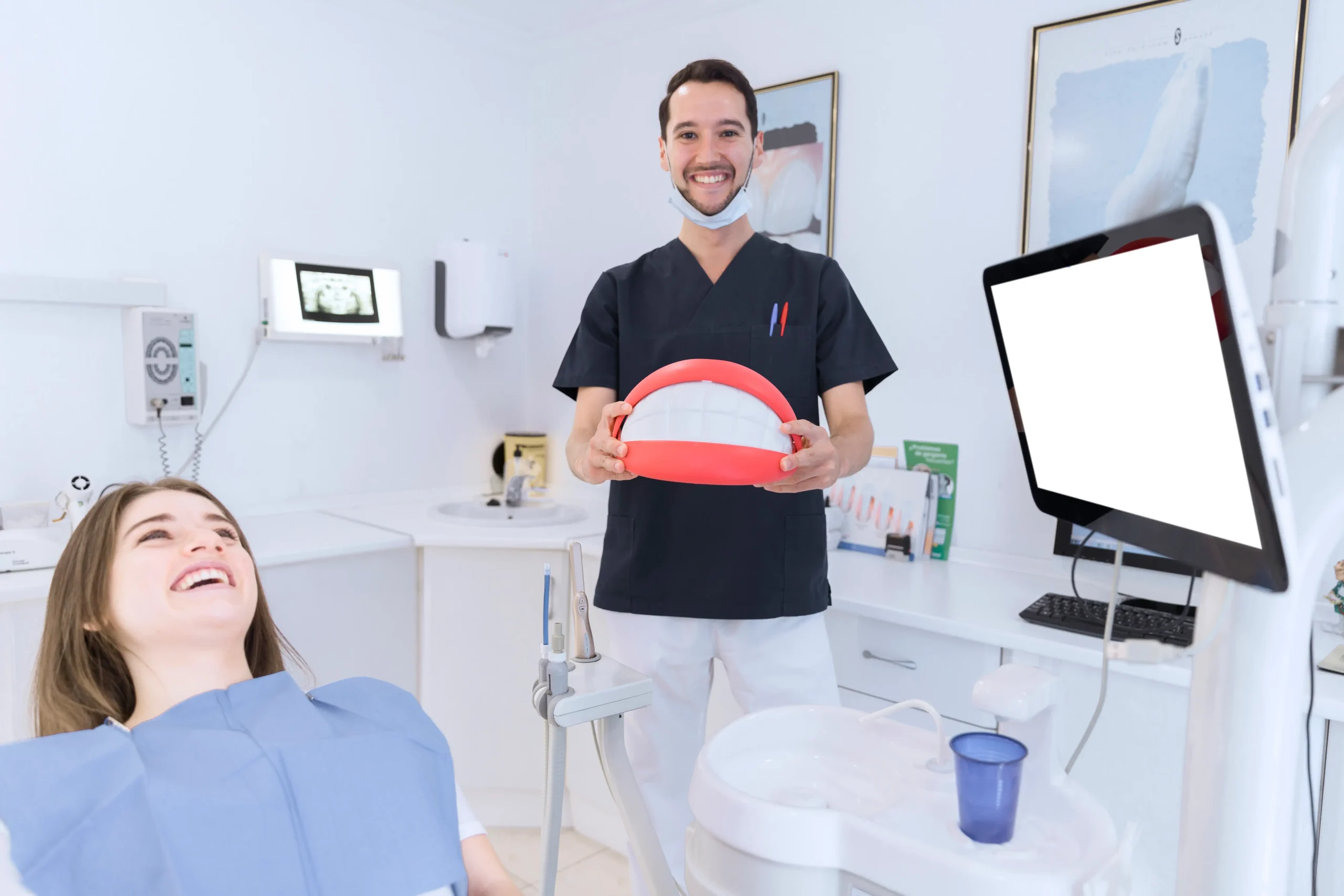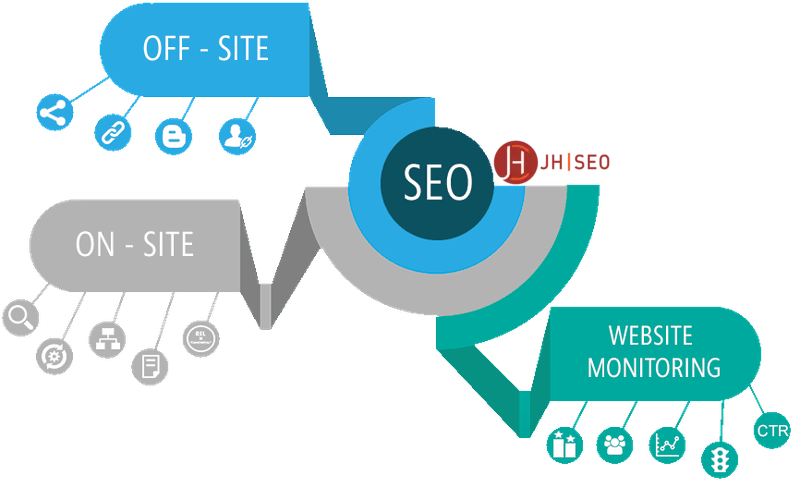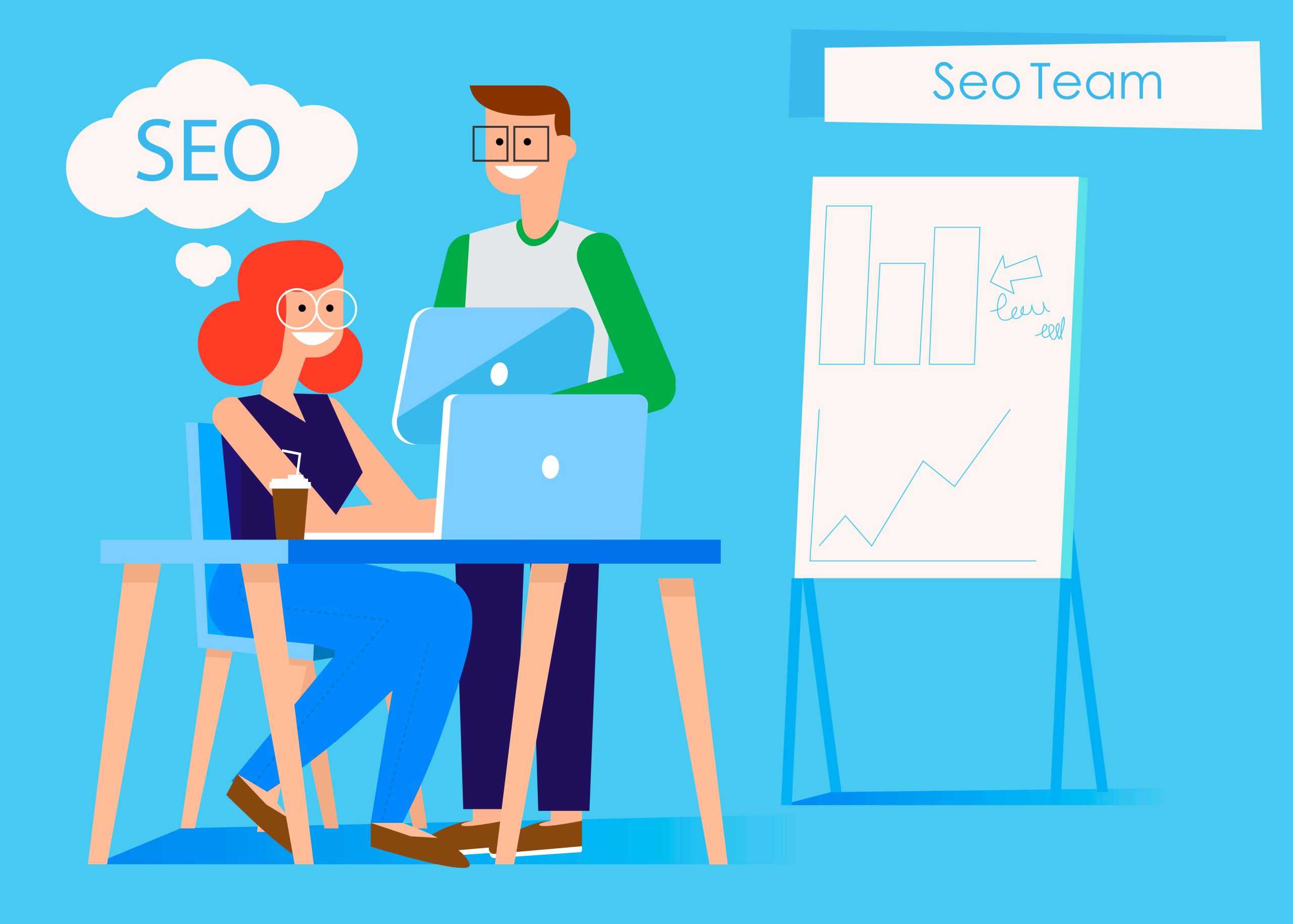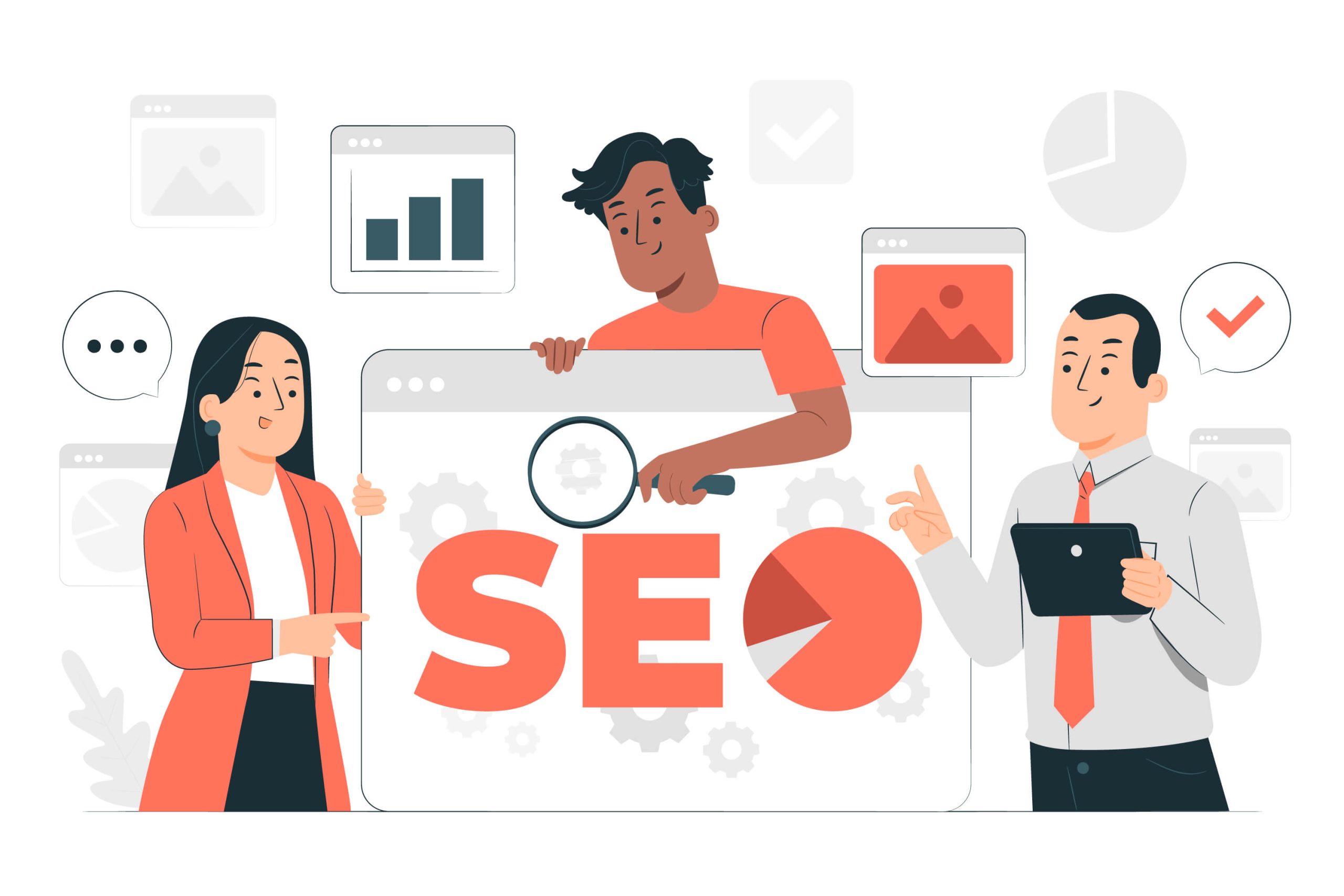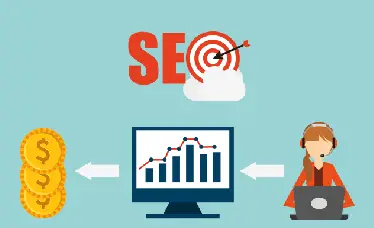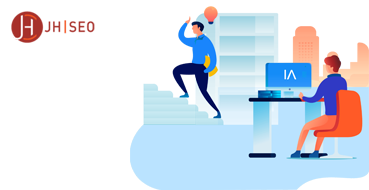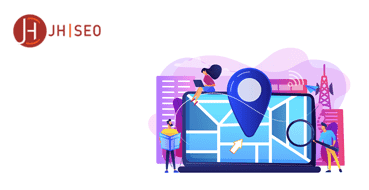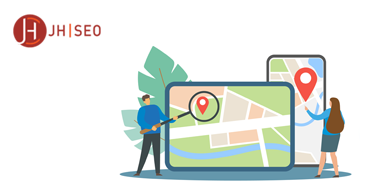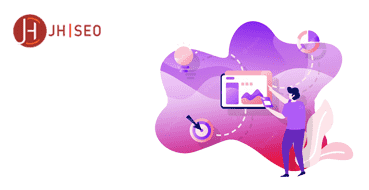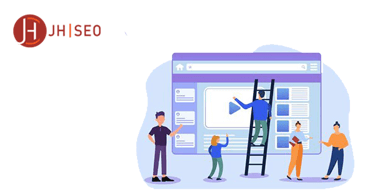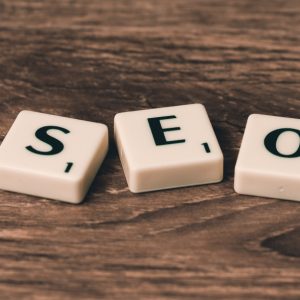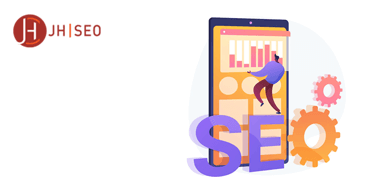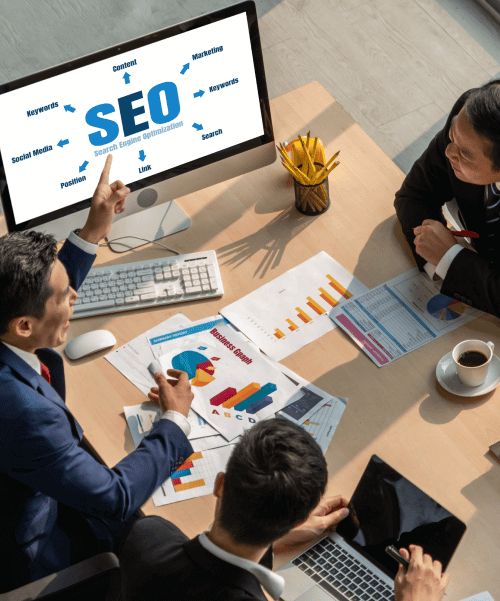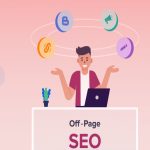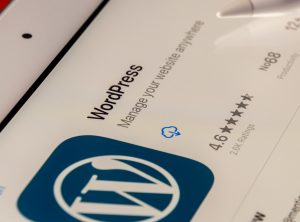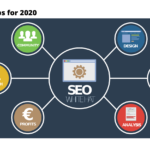SEO is a complex process that can be difficult to understand, especially if you are new to the world of online marketing. When you dive into this area, you see that this sophisticated concept isn’t conducted by a single layer. Actually, there are two main types of SEO you have to consider: on-page and off-page. To achieve your goals your SEO strategy needs to address both. Well then, what is the difference between on-page and off-page SEO?
Differences Between On-Page SEO vs Off-Page SEO
On-page SEO relates to all the activities that are done on your website to optimize it for better SERP ranking. This includes optimizing your title tags, meta descriptions, header tags, images, and other on-site elements. All these on-page optimization activities help search engine crawlers understand what your site is about so that they can rank it accordingly in their index.
Off-page SEO, on the other hand, refers to all the activities done outside of your website to improve its visibility and organic ranking on SERPs. Creating high-quality backlinks from authoritative websites, social media promotion, brand mentions, and various other online marketing activities come under off-page SEO. The goal of off-page SEO is to create a strong online presence for your website so that it can rank higher on SERPs.
Why are on-page SEO and off-page SEO important?
Both on-page and off-page SEO are important for achieving a better SERP ranking. On-page SEO helps search engine crawlers understand your website so that they can rank it accordingly. Off-page SEO activities create a strong online presence for your website which helps it to rank higher on SERPs. So, if you want to improve the organic ranking of your website, you need to focus on both on-page and off-page SEO.
What is On-Page SEO?
On-page SEO (also known as on-site SEO) is the practice of optimizing a website to improve its organic search engine rankings. On-page SEO includes optimizing your title tags, meta descriptions, header tags, images, and other on-site elements.
Why is On-Page SEO Important?
On-page SEO helps search engine crawlers understand your website so that they can rank it accordingly. If you want to improve the organic ranking of your website, you need to focus on on-page SEO. Also, some of the benefits of on-page SEO include increased traffic, improved click-through rate, and higher conversion rate.
How to optimize for on-page SEO: On-Page SEO Checklist
Title Tags
The title tag is one of the most important on-page SEO factors. Make sure to include your target keyword in the title tag and keep it under 60 characters.
- Use relevant keywords in your title tags
- Keep your title tags under 60 characters
- Write unique and compelling title tags for each page on your website
Meta Descriptions:
The meta description is the short description that appears below your title tag in the search engine results pages (SERPs). Include your target keyword in the meta description and make sure it is compelling enough to encourage users to click on your listing.
- Use relevant keywords in your meta descriptions
- Keep your meta descriptions under 160 characters
- Write unique and compelling meta descriptions for each page on your website
Keywords:
Keywords are still important, but the focus has shifted towards more long-tail keywords that better fit today’s search patterns. You have to Think about your audience and what they’re searching for; then create website content around those terms!
- Use relevant keywords throughout your website content
- Focus on long-tail keywords that better fit today’s search patterns
- Think about your audience and what they’re searching for when choosing keywords
Internal Links:
Internal links help search engine crawlers understand the structure of your website and crawl it more effectively. They also help users navigate your website more easily. Use keyword-rich anchor text for internal links on your website.
- Use relevant keywords in your internal links
- Link to other pages on your website from within your content
- Use descriptive anchor text for your internal links
Headings:
Use relevant keywords in your headings and subheadings. This will help search engine crawlers understand what your page is about.
- Use relevant keywords in your header tags
- Break up your content into smaller sections using header tags
- Don’t stuff keywords in header tags
URL Structure:
Use keyword-rich URLs for better ranking on SERPs. Search engines use URL structure to rank websites, so it’s important that you have a descriptive page title and keyword-optimized URLs. You can also include keywords in your site’s meta information if they’re relevant enough for the search engine bots but make sure not to overdo this because there should always be some balance between promotion versus content value!
- Use keywords in your URLs
- Use hyphens to separate words in your URLs
- Keep your URLs short and concise
Content:
Write high-quality, keyword-rich content to improve organic traffic to your website. Make sure that your content is well-researched and informative.
- Write compelling and unique content for each page on your website
- Use relevant keywords throughout your content
- Keep your content updated regularly
Alt text:
The alt text refers to the word or phrase that can be attributed in order to help search engines index an image file. For example, if you use a graphic on your blog for some tips about injection molding and want it indexed as “injection-molded plastics” then by saving this particular piece of information with its corresponding keyword (the name given when we describe what something actually does), your site will start ranking higher when someone searches those terms later down line!
- Include relevant keywords in image file names
- Use alt text to describe your images
- Optimize your images for faster loading
Schema Markup:
Google uses schema markup to make your content more accessible and readable for people with disabilities. If you’re not familiar with coding, hire a web designer who can handle this task!
- Implement schema markup on your website
- Add schema markup to all the important pages on your website
Page speed:
Making sure your website loads quickly and renders properly on mobile is important for ranking well in search engines. Pages that take too long or don’t show up can lead users to bounce, which will negatively affect the rank of any page. You want it ranked high enough so no one sees those low-quality sites before yours!
- Optimize your website for faster loading
- Minimize redirects
- Use a content delivery network (CDN)
Mobile Friendliness:
Is your website mobile-friendly? You can plug in the site’s URL into this test and Google will tell you how friendly it is based on its current algorithm. This is one of the important factors because website traffic coming from mobile devices accounts for slightly more than 50%. You’ll want to make sure that your website design is also easily accessible and usable on mobile phones.
- Make sure your website is mobile-friendly
- Use responsive design for your website
- Optimize your website for faster loading on mobile devices
Page Experience:
Page experience is a set of signals that Google uses to measure how users interact with a page. It includes factors like loading speed, page design, and ad placement. Optimizing your website for page experience signals can help you to improve your search ranking and attract more visitors.
- Optimize your website for faster loading
- Use a responsive design
- Make sure your website is mobile-friendly
Why is Off-Page SEO Important?
Off-page SEO is important because it helps create a strong online presence for your website which in turn helps it to rank higher on SERPs. Some of the benefits of off-page SEO include increased brand awareness, improved click-through rate, and higher conversion rate.
Now that you know what on-page and off-page SEO are, let’s take a look at some of the off-page SEO factors that you need to focus on:
Backlinks:
Backlinks are one of the most important off-page SEO factors. A backlink is a link that points from one website to another. When a website links to your site, it shows that your site is valuable and credible. So, if you want to improve the organic ranking of your website, you need to focus on building high-quality backlinks from authoritative websites.
Social Media Promotion:
Social media promotion is another important off-page SEO factor. Social media platforms like Facebook, Twitter, and LinkedIn help you create a strong online presence for your website. If you want to improve the organic ranking of your website on SERPs, you need to promote your content on social media platforms.
Brand Mentions:
A brand mention is when your brand name is mentioned on a website without providing a link to your site. Brand mentions help improve the organic ranking of your website on SERPs as they show that your site is valuable and credible.
Local SEO:
Local SEO is a type of off-page SEO that helps you promote your business on local search engines like Google Maps and Apple Maps. If you want to improve the organic ranking of your website on local SERPs, you need to focus on local SEO. Some of the things you need to do for local SEO include claiming your business listing on online directories and creating location-specific pages on your website.
Domain Authority:
Domain authority is a metric that measures the strength of a website. The higher the domain authority of a website, the more likely it is to rank on SERPs. So, if you want to improve the organic ranking of your website on SERPs, you need to focus on increasing your domain authority.
What is Off-Page SEO?
Off-page SEO (also known as off-site SEO) is the practice of optimizing a website to improve its organic search engine rankings. Off-page SEO includes creating high-quality backlinks from authoritative websites, social media promotion, brand mentions, and various other online marketing activities. The goal of off-page SEO is to create a strong online presence for your website so that it can rank higher on SERPs.
Is On-Page or Off-Page SEO More Important?
Both on-page and off-page SEO are important for ranking on SERPs. However, which one is more important?
Most experts believe that on-page SEO is more important than off-page SEO. The reason behind this belief is that if your website’s on-page elements are not optimized, then no matter how many high-quality backlinks you build or how much you promote your website on social media, it will be very difficult for search engines to understand what your site is about and rank it accordingly.
Therefore, we can say that on-page SEO forms the foundation of a good organic ranking on SERPs. Once you have optimized your website’s on-page elements, you can then move on to off-page SEO activities to further improve your website’s ranking.
Both on-page and off-page SEO are important for any website that wants to rank higher on SERPs. However, if you had to choose one, then on-page SEO would be a better choice as it forms the foundation of good organic ranking. Once you have optimized your website’s on-page elements, you can move on to off-page SEO activities to further improve your ranking.


